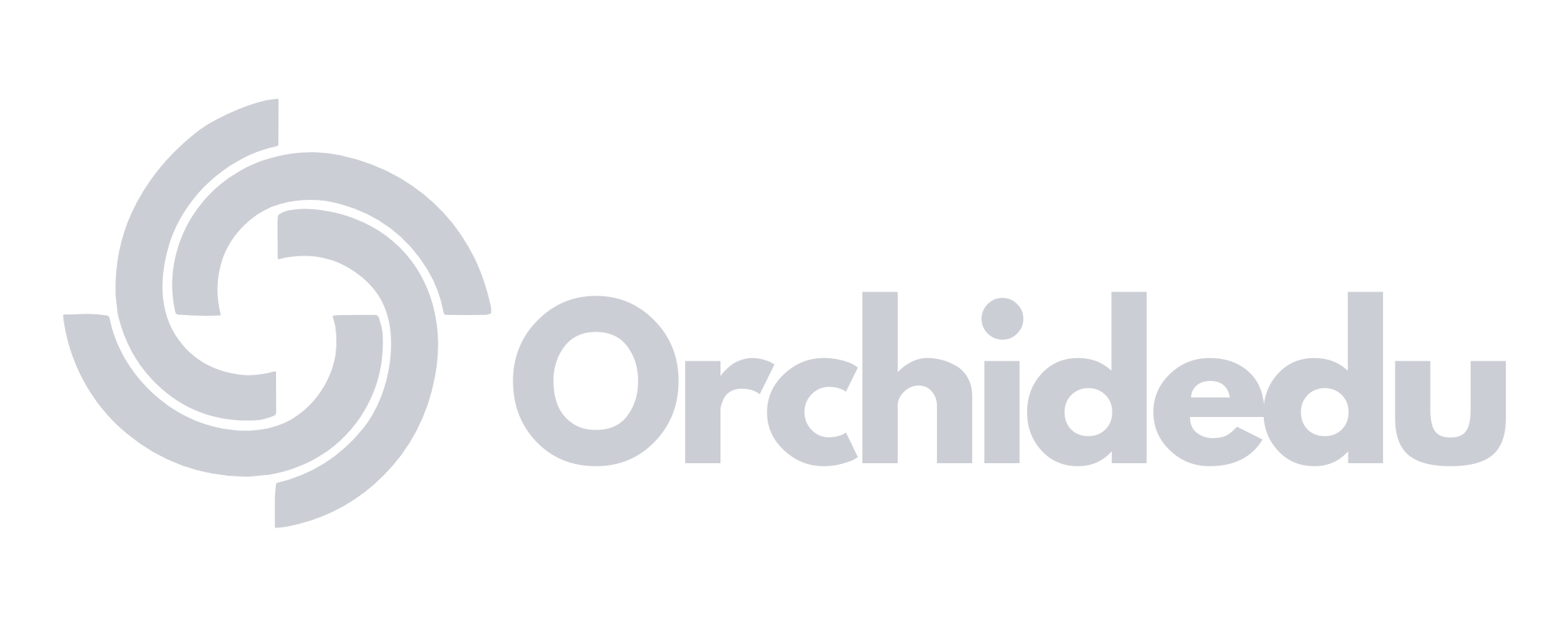The Future of Education: Trends in Teaching and Learning

The future of education is evolving rapidly, shaped by trends that focus on personalized learning, flexible methodologies, and skills-based education. One prominent trend is the shift toward student-centered learning, where students are encouraged to take ownership of their education, engaging with content that resonates with their interests and learning styles. Personalized education is becoming more accessible, with teachers adopting adaptive assessments and flexible lesson plans that allow each student to progress at their own pace. This shift empowers students to take an active role in their learning journey.

Another trend is the integration of experiential learning, where students gain practical skills through real-world applications of their studies. Project-based learning and fieldwork allow students to explore subjects like science, literature, and history outside traditional classroom settings. This hands-on approach helps students build practical skills while reinforcing their understanding of theoretical concepts. By blending academic learning with practical experience, educators are preparing students for real-life situations and careers, making education more relevant and engaging.

Collaborative learning is also gaining momentum, with schools creating environments where students work together to solve problems and complete projects. Group activities encourage teamwork, critical thinking, and communication, which are essential skills in today’s workforce. As collaboration becomes a larger focus, educators are leveraging both in-person and virtual platforms to bring students together, sometimes even connecting classrooms from different parts of the world. This not only broadens students' perspectives but also introduces them to diverse ways of thinking and solving problems.

With these changes in education, continuous professional development for educators is more crucial than ever. Schools are investing in workshops, courses, and resources to equip teachers with the skills they need to adapt to evolving teaching methods. As education continues to transform, these trends highlight the importance of flexibility, creativity, and real-world applicability, laying the groundwork for a future where learning is dynamic and personalized to meet the needs of every student.





